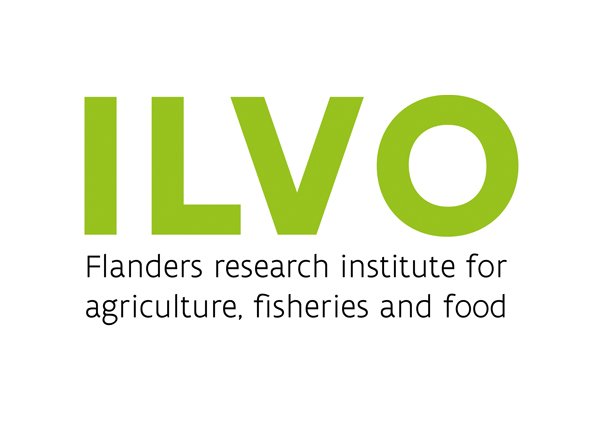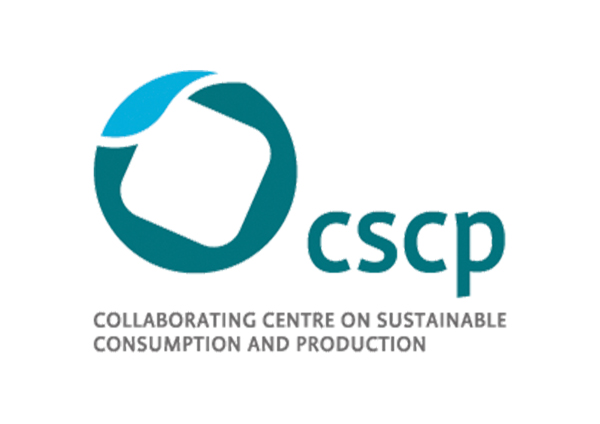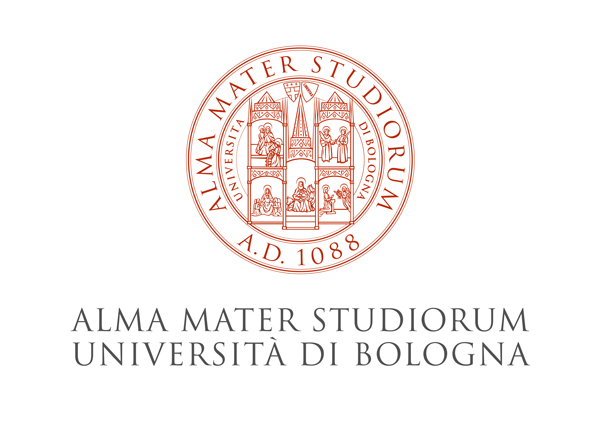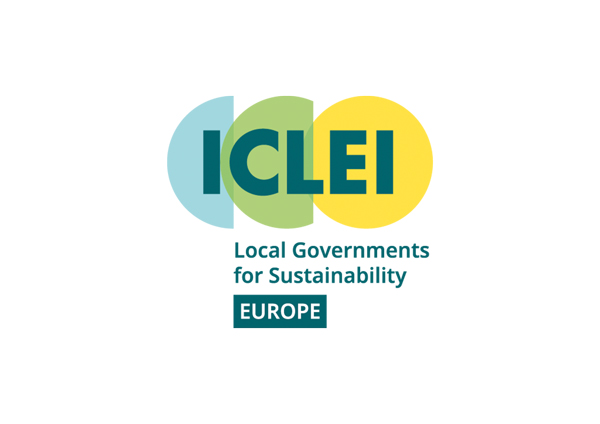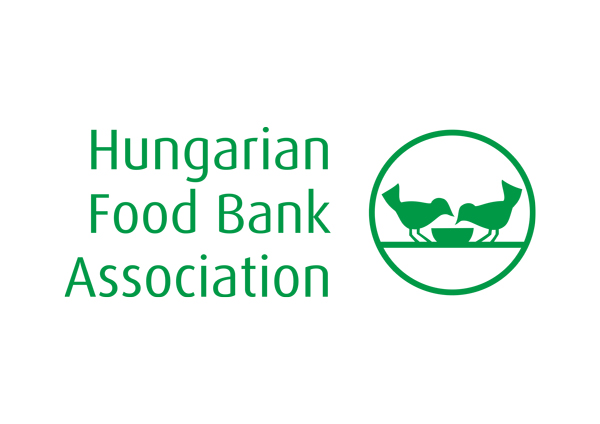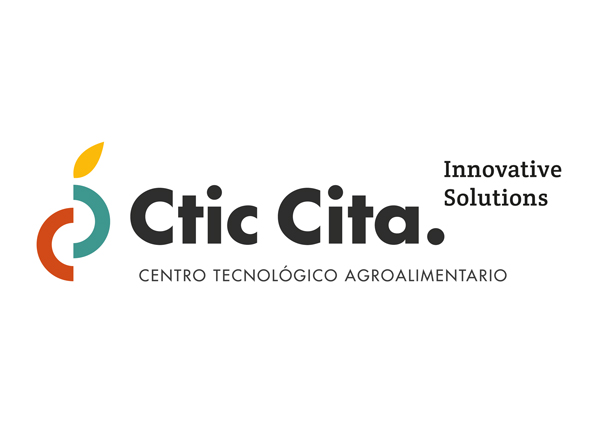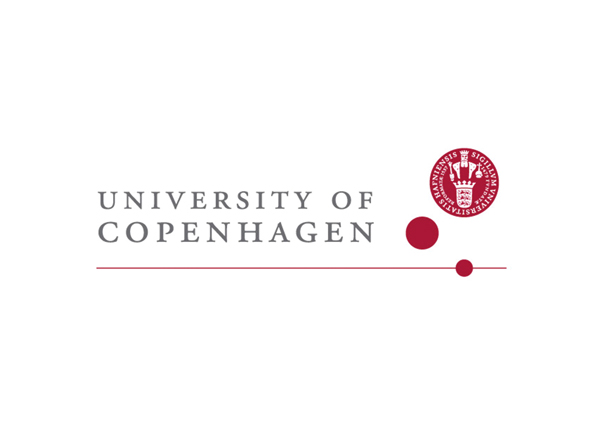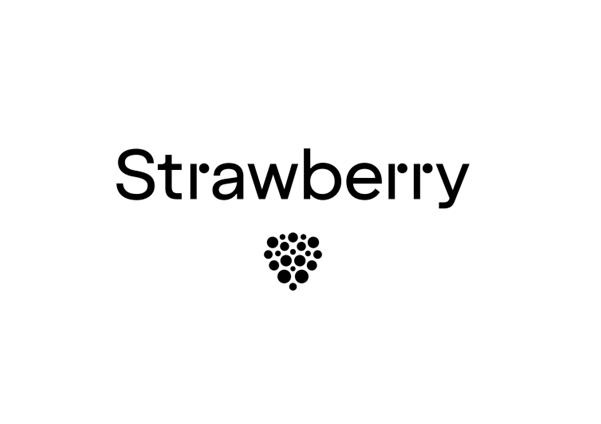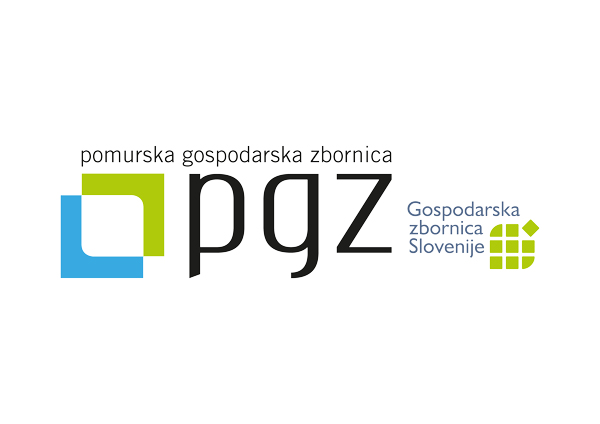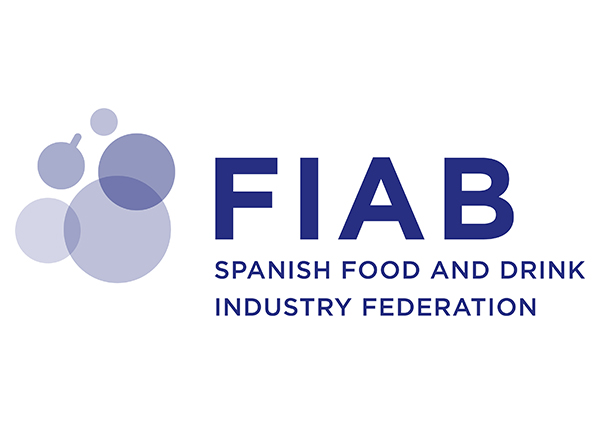Rationale
Around 50% of the FLW in the EU occurs at the household level, making households a key target for intervention. Furthermore, although FW generation by individual household members has received considerable attention, the combined interactions with other household members or with other entities external to the household (e.g. retail marketing actions) remain largely unaddressed , and as a result actual behaviour is only partially accounted for.
In addition, as evidence on the impact of COVID-19, indicates a combination of factors (reduced income, personal time availability, disrupted supply chains, interruption of food services, lifestyle changes, restrictive measures, etc.) led to a behavioural shift in relation to household FW.
Examining the COVID-19 induced shift will provide valuable knowledge on: its medium-term impact on social norms and FW behaviours (almost two years after the COVID outbreak, when the project starts); the processes & dynamics leading to social norm and behavioural changes. FLW.
Objectives
1 CHORIZO FLW “Insighter”, new evidence datahub supporting timely & responsive decision making.
2 To identify the drivers of household FW, especially related to social norms.
3 To investigate the role of social network interactions (e.g., among individual consumers, other household members) and retail marketing practices.
4 To understand the behavioural changes in FW that occurred during the COVID-19 pandemic.
5 To understand the influence of contextual factors on household FW behaviour by comparing results in a Mediterranean and a North European country.
Partners


